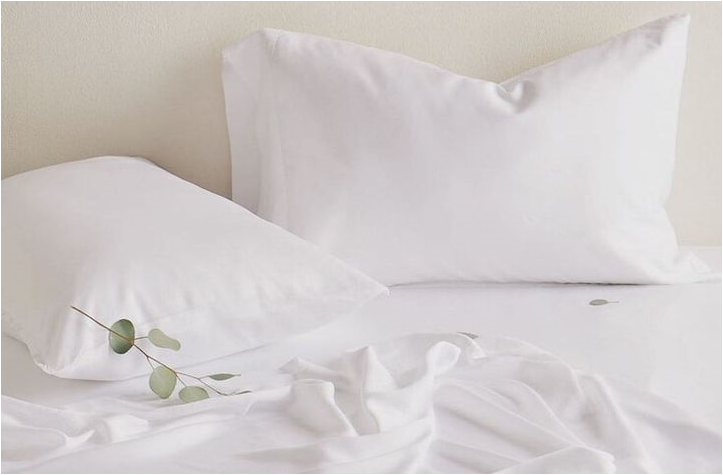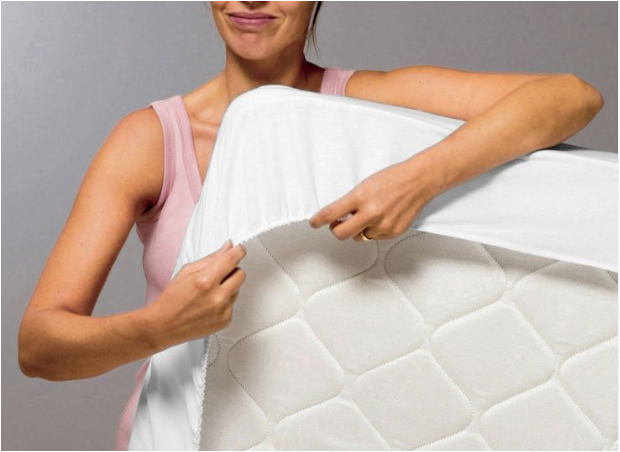
The ecological advantages of a modular duvet: a sustainable choice
In a context of responsible consumption, the modular duvet represents a smart ecological alternative to traditional solutions. Discover how this innovative system helps reduce your environmental footprint while improving your comfort.
Reduction of overconsumption of textiles
The main ecological advantage of a lightweight modular duvet lies in its versatility. Instead of purchasing three different seasonal duvets, a single product covers all your annual needs. The ZenPur 3-in-1 effectively replaces a summer duvet, a mid-season duvet, and a winter duvet. This reduction in consumption reduces textile production, saves natural resources, and limits waste. Over a lifespan of 5-7 years, this potentially saves 6 to 9 duvets.
Optimization of transport and storage
The 4-season duvet arrives vacuum-compressed, significantly reducing shipping volume. This compression reduces the carbon footprint associated with delivery: more products per truck means fewer trips. Optimized home storage (one duvet instead of three) frees up space, potentially reducing the need for additional storage furniture. The European manufacturing of the ZenPur also limits transport distances compared to long-distance imports.
Increased durability and repairability
The modular system significantly extends the product's lifespan. If a part wears out prematurely, it can theoretically be replaced without throwing away the entire unit. The durable snap fasteners allow for thousands of assembly/disassembly operations. OEKO-TEX certification guarantees the absence of harmful substances that could degrade and pollute the environment. Polyester fibers, although synthetic, offer superior durability to natural down, eliminating the need for frequent replacement.
Impact on energy consumption
The modular duvet's thermal adaptability optimizes home heating. In summer, the lightweight section (150g) allows for comfortable sleeping with less air conditioning. In winter, the full assembly (400g) allows for reduced nighttime heating. Washing the sections separately consumes less water and energy than a single large duvet. This daily energy efficiency represents substantial long-term savings, both financial and environmental.


















